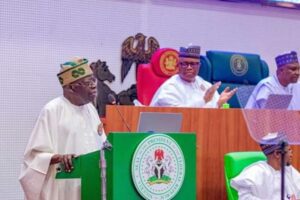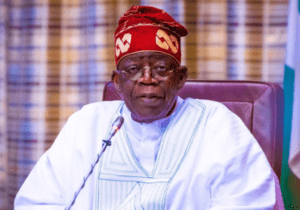Society donates specialised engineering books to UNIBEN
The Petroleum and Chemical Engineering Education Society (PCEES) has donated 23 specialised books to the University of Benin, as part of contributions to assist Nigeria make giant lead in Petroleum and Chemical Engineering.
The Secretary, Governing Council of the PCEES, Mr Frank Tietie presented the books to the University of Benin Alumni Association (UBAA) on Tuesday in Abuja
Tietie said that the books would aid the advancement of petroleum and chemical engineering in the country.
He, however, urged the school management to make good use of the books to impact the lives of the students.
The Worldwide President, UBAA, Mr Ikenna Obiasor, who received the books on behalf of the institution, commended the gestures of PCEES and called for more support to advance to course of education in the country.
Obiasor added that other departments of the school were also contributing their various quotas in enriching the school.
“It is no gainsaying that Engineering Department is the bedrock of technology, which means no country can make headway without technology.
“This gesture today is not only contributing to the university of Benin, but also the society at large.
“We know that the Dean of Faculty of the school requested for the books which were not found in the country.
“We also know that the budget for the Federal Government to run the universities are very lean, hence we are soliciting for more support from the society,” he said.
He, therefore, emphasised the need to put more attention on the Research and Development Department of the university, to facilitate educational advancement.
Also, Dr James Arukhe, founder of PCEES, who spoke virtually, said that the support was borne out of the need to contribute to building bridges between academic and industries.
Arukhe, also an alumnus of the institution, said there was also need to promote the principle of research and development to make students globally competitive.
“PCEES was formed to contribute and influence education in tertiary institutions. It is an intervention vehicle that will spur processes in Africa and the world at large.
“This gesture is to enhance employability of graduates and make students globally competitive and as well, experts in their field of specialisation,” he said.




